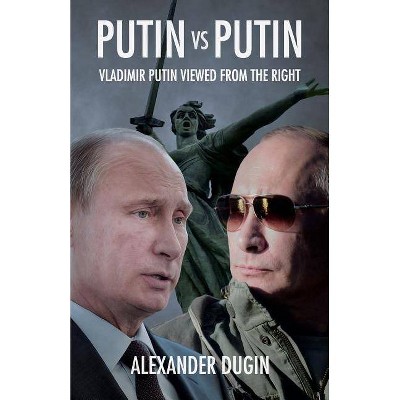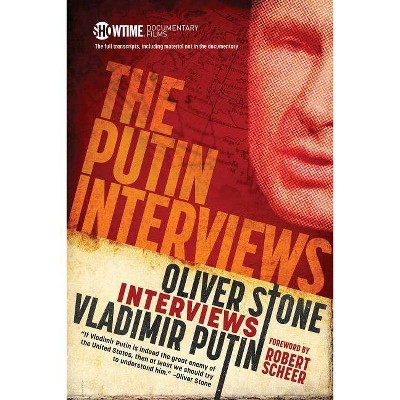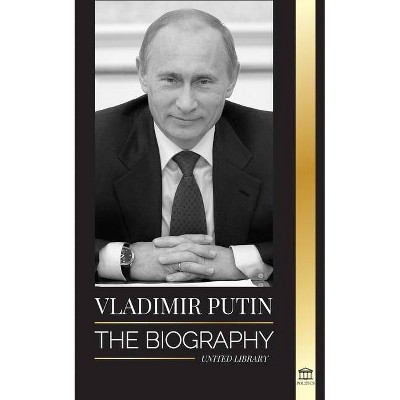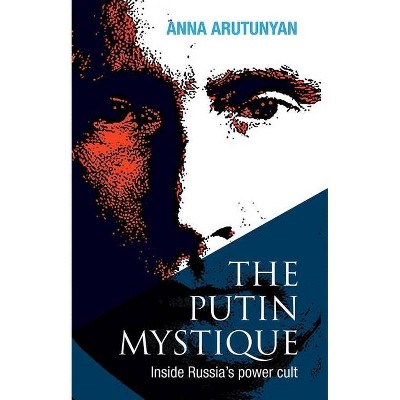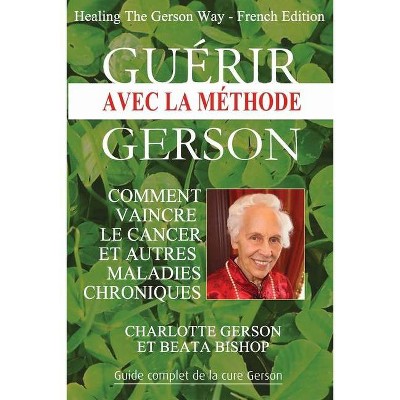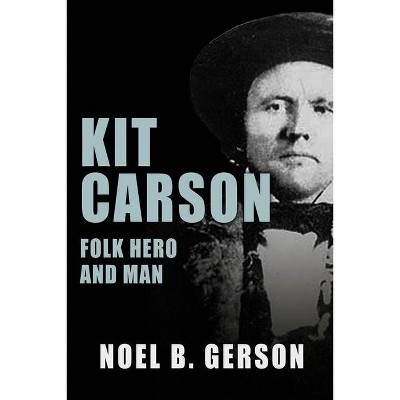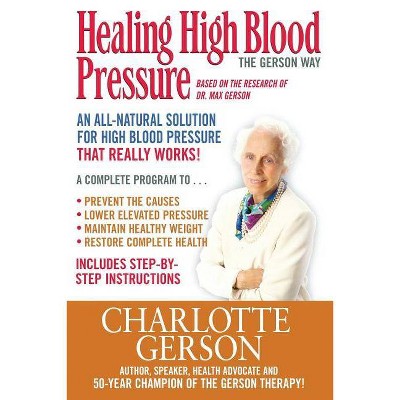From Pugwash to Putin - by Gerson S Sher (Paperback)
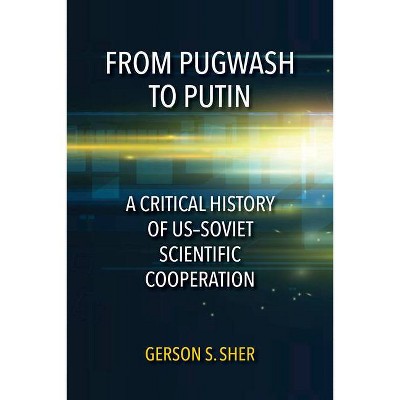
Similar Products
Products of same category from the store
AllProduct info
<p/><br></br><p><b> About the Book </b></p></br></br><p>1. Author Gerson Sher is an authority on the subject of scientific cooperation between the Soviet Union and the U.S. with an extensive career spanning decades coordinating these collaborative programs for the U.S. government and in the private sector. </p> <p>2. This book is very timely with its focus on both the need for scientific collaboration and U.S.-Russian tensions as its dual topics. </p> <p>3. This book is written in an engaging and conversational tone--with first-person narratives from the extensive interviews. Elements of memoir and eyewitness description make this history come alive for readers.</p></p><p/><br></br><p><b> Book Synopsis </b></p></br></br><p>For 60 years, scientists from the United States and the Soviet Union participated in state-organized programs of collaboration. But what really happened in these programs? What were the hopes of the participants and governments? How did these programs weather the bumpiest years of political turbulence? And were the programs worth the millions of dollars invested in them? <i>From Pugwash to Putin</i> provides accounts from 63 insiders who participated in these programs, including interviews with scientists, program managers, and current or former government officials. In their own words, these participants discuss how and why they engaged in cooperative science, what their initial expectations were, and what lessons they learned. They tell stories of gravitational waves, classified chalkboards, phantom scientists, AIDS propaganda, and gunfire at meteorological stations, illustrating the tensions and benefits of this collaborative work. From the first scientific exchanges of the Cold War years through the years following the fall of the Soviet Union, Gerson S. Sher provides a sweeping and critical history of what happens when science is used as a foreign policy tool. Sher, a former manager of these cooperative programs, provides a detailed and critical assessment of what worked, what didn't, and why it matters.</p></p><p/><br></br><p><b> Review Quotes </b></p></br></br><br><p>Gerson Sher's <i>From Pugwash to Putin: A Critical History of U.S.-Soviet Scientific Cooperation</i> is an important contribution to the literature on U.S. and Soviet/Russian relations. After a lifetime of service, including twenty years as a program coordinator for National Science Foundation exchanges, Sher draws on his personal experience as well as interviews conducted with sixty-two participants--both Soviet and American--to construct an engaging narrative of international scientific cooperation during and after the Cold War. As such, the book offers new insights for historians, public policy scholars, and diplomats. . . . <i>From Pugwash to Putin</i> is a significant work and one that suggests that borders may enrich science because of different cultural approaches to research.</p>--John Gregory Whitesides "Isis, Journal of the History of Science Society"<br><br><p>From the first scientific exchanges of the Cold War years through the years following the fall of the Soviet Union, Gerson S. Sher provides a sweeping and critical history of what happens when science is used as a foreign policy tool. Sher, a former manager of these cooperative programs, provides a detailed and critical assessment of what worked, what didn't, and why it matters.</p>-- "History of Science in Central, Eastern and SE Europe"<br><br><p>In <i>From Pugwash to Putin</i>, Gerson Sher expertly documents the history of cooperative scientific exchanges, first between the United States and Soviet Union, and then with Russia and the other post-Soviet states, focusing on the explosion of programs that developed following the Soviet Union's collapse in 1991. Himself a key player in catalyzing those exchanges, Sher supplements his authoritative account of the state-to-state and institutional arrangements with stories from the Americans, Russians and others who made the cooperation real, often under challenging circumstances (for example, see The Expedition from Hell). While clearly a passionate supporter of science cooperation and of the maxim that science knows no borders, Sher assesses with candid objectivity the results of 60 years of exchanges--not just in advancing science, but in achieving other goals such as reducing proliferation risks, promoting better relations between Washington and Moscow, and commercializing new ideas.</p></p>--Steven Pifer<br><br><p>Sher captures the human side of scientific exchanges while still giving appropriate attention to institutional and structural components. He is informed, experienced, and a natural storyteller whose style effortlessly infuses heart into what might have been dry policy analysis. The result is a stunning portrait of Cold War scientific cooperation, shining with the voices of those who sought to bring their ideals to life.</p>--Rebecca Charbonneau "Physics Today"<br><br><p>Sher thus brings special knowledge to this study. He addresses such issues that administrators--and scientists--faced in their efforts to carry out exchanges as finances, logistics, disagreements over intellectual property, secrecy, corruption, and other concerns. Sher draws on a variety of primary and secondary sources, but the most important are excerpts of his over sixty interviews--conducted in a three week period--with scientists, diplomats, and officials from the United States and the USSR.</p>--Paul Josephson "Russian Reviews"<br><p/><br></br><p><b> About the Author </b></p></br></br><p>Gerson S. Sher spent twenty years as Program Coordinator for US-Soviet and East European Programs at the National Science Foundation, before providing leadership throughout the rest of his career to private and public foundations at the intersection of scientific cooperation, international affairs, and global security. </p></p>
Price History
Price Archive shows prices from various stores, lets you see history and find the cheapest. There is no actual sale on the website. For all support, inquiry and suggestion messages communication@pricearchive.us
